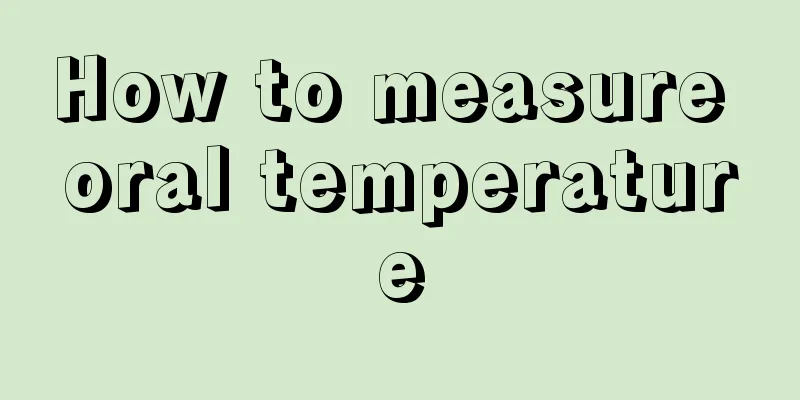Hormone regulation and fluid regulation

|
If the human body wants to maintain normal physiological functions, it needs some regulatory functions, such as hormone regulation and fluid regulation, which are two commonly heard terms. Many people want to know if there is a difference between hormone regulation and fluid regulation. In fact, the two are the same. Fluid regulation is hormone regulation. Next, I will introduce to you some relevant knowledge about the role and characteristics of hormone regulation! 1. The role of hormone regulation The endocrine glands scattered throughout the animal body secrete different hormones, play different roles, and together form an endocrine system. The functions of this system are very complex, but no matter how complex the endocrine activities are, they must be directly or indirectly controlled by the nervous system, especially the higher nerve centers. If the function of the central nervous system is impaired, endocrine system will be disturbed and the metabolic function of the animal body will be disrupted. Therefore, every animal body must have a sound neurohumoral regulation system in order to maintain normal physiological functions. 2. Characteristics of hormone regulation 1. Trace and high efficiency: The hormone content in the blood is very low, but it can produce significant physiological effects. This is because the effect of the hormone is amplified step by step. 2. Transport through body fluids: Endocrine glands do not have ducts. The secreted hormones diffuse into the blood and flow throughout the body, transmitting various information. The transport of hormones is non-directional and can be transported throughout the body, but the cells on which they act are different. In clinical practice, endocrine system diseases are often detected by drawing blood samples. 3. Act on target organs and target cells: Hormones are specific and act selectively on target organs, target glands or target cells. Hormones neither constitute cell structure, nor provide energy, nor play a catalytic role. They simply change the original physiological activities of target cells and regulate the metabolism of target cells. 3. Systemic hormones The release of substances synthesized by cells is called secretion. A tissue or organ composed of cells with secretory function is called a gland. Some glands have ducts that discharge the secretions of cells through the ducts. Such glands are called exocrine glands, such as salivary glands, gastric glands, intestinal glands, etc. Some glands have no ducts, and their secretions can enter the capillaries around the cells and be sent to the whole body with the blood circulation. These glands are called endocrine glands, such as the pituitary gland, thyroid gland, adrenal glands, pancreatic islets, gonads, etc. In the human body, substances secreted by endocrine glands that have important regulatory functions are called hormones. The content of hormones in the blood is extremely small, usually only a few micrograms per 100 milliliters of blood, but the regulatory effects they produce are very significant. Especially for basic life activities such as metabolism, growth and development, and reproduction, the role of hormone regulation is indispensable. |
>>: White vinegar to remove fine lines
Recommend
Is it okay to drink coffee while staying up late
Nowadays, many people have the habit of staying u...
Among the early symptoms of colon cancer, patients often experience varying degrees of abdominal pain
Many patients do not detect colon cancer in the e...
What is the reason for blue poop?
Generally speaking, a person's health can be ...
Top ten causes of nasopharyngeal cancer
The incidence rate of nasopharyngeal cancer is ve...
What are the effective prevention methods for skin cancer
Skin cancer is a disease that we often hear about...
Why is liver cancer more common in men? There are 4 reasons why liver cancer is more common in men
Liver cancer is more common in people aged 40-60....
6 signs of brain cancer in the elderly
Brain cancer refers to malignant tumors that occu...
What are the wonderful uses of lotus seed heart
The lotus seed heart is the green germ in the mid...
What to do if you have a low fever due to pancreatic cancer
Pancreatic cancer is a common malignant tumor, wh...
How much do you know about the dangers of hamartoma
Nowadays, people have an unreasonable diet, eatin...
Atrioventricular block is important
Atrioventricular block is medically known as atri...
Beware of six diseases that may occur suddenly at night in winter
The cold winter is a season when various diseases...
Diagnostic methods for metastatic bone tumors
The diagnosis of bone tumors, especially metastat...
Is it okay to drink red wine before bed?
Many people have the habit of drinking red wine b...
How to make an wormwood pillow?
In life, mugwort has many uses. In the future, yo...









